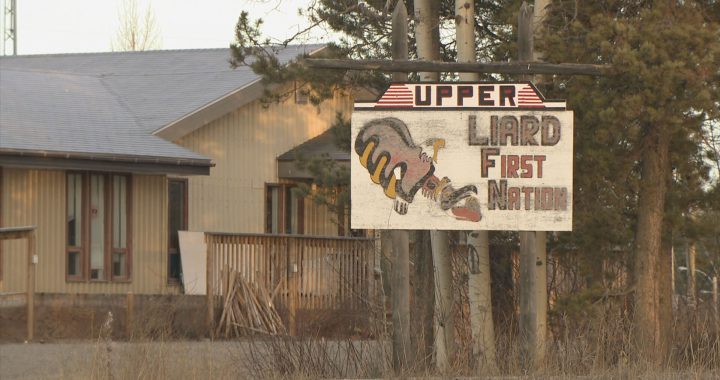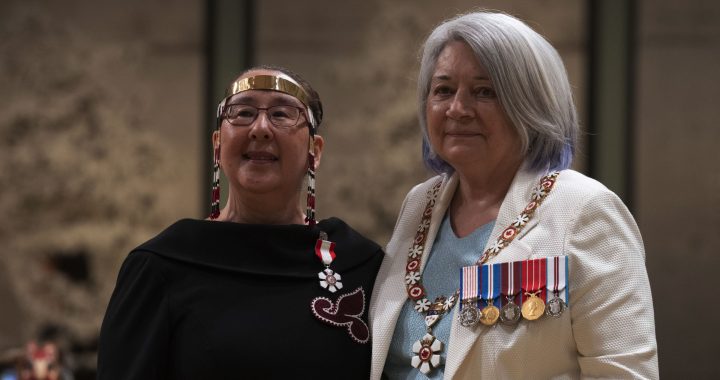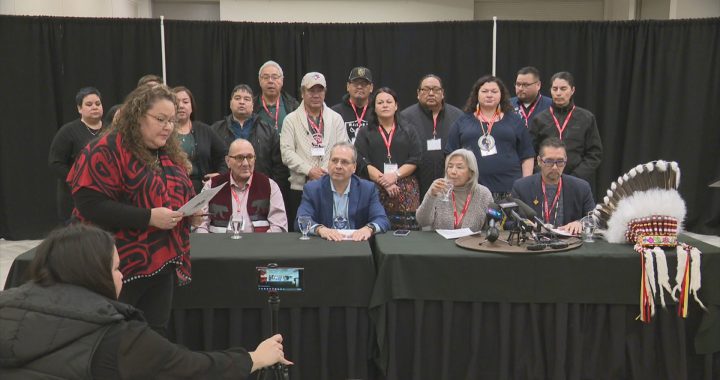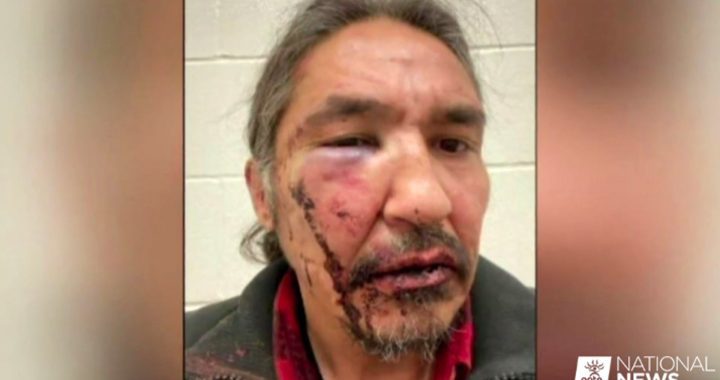Kenneth Jackson
APTN National News
The government of Ontario is set to announce this week the opening of an Indigenous peoples court, APTN National News has learned.
The announcement is set for Friday at the Ottawa courthouse on Elgin Street, according to a memo sent to lawyers and other stakeholders obtained by APTN.
“Details regarding the functions of this Court will be highlighted at the announcement of the opening of this court,” the memo states.
APTN has been told it appears there will be four judges for the court, also known as a Gladue court, and will operate a few days a week.
People who identify as First Nation, Metis and Inuit are be able to have their cases transferred to that court.
The Supreme Court of Canada ruled in 1999 that courts must take into account Gladue principles, which reach deep into the history of an Indigenous person facing incarceration. Some provinces, like Ontario, do so through Gladue reports.
The objective of the Supreme Court ruling was to curb the number of Indigenous people incarcerated.
The country’s highest court ruled again in 2011 reminding lower courts they had to take Gladue principles into account as the number of Indigenous people in prison continued to soar. It still does to this day.
Courts are supposed to consider alternatives to incarceration when possible, such as addiction treatment programs.
Toronto has Gladue courts but this is the first time Ottawa will have one.
The current system has only allowed lawyers to request a Gladue report but it hasn’t been without problems since they were first offered in Ottawa in late 2014.
Lawyers must go through Legal Aid’s appointed writer and no other writers who operate out of Ottawa. Reports will also only be approved for people facing more than 90 days incarceration.
In the fiscal year of 2015/16 there were 20 reports completed. There were five reports completed between when the program began in November 2014 to March 2015.
Statistics previously obtained by APTN from the Odawa Native Friendship Centre showed between 2014 to October 2016 there were at least 269 Indigenous offenders facing incarceration.
Of that 269, 196 were on probation, 170 suffered from addictions, 93 went, or had parents that went, to residential schools, 83 were homeless, 79 suffered from mental health issues and nearly half (120) were Inuit.
Lawyers have complained it often takes months to obtain a Gladue report.
Staff from Aboriginal Legal Services, a non-profit in Toronto that has been writing the reports in Ottawa, will be attendance Friday, as well as staff from Odawa, Wabano Aboriginal Health Centre and Tungasuvvingat Inuit.
A committee has been working on the developing the court for several years.











This has been a long time coming!! What time is the announcement going to be made?
Hypocritical that aboriginals will scream racism today and then demand racist policies be enforced tomorrow instead of demanding that all Canadians are treated the same regardless of race, colour, creed, religion or status.
Nonsense. Anti-Native racism. Actually, Restorative (Healing) justice is the modus of almost all aboriginal peoples who developed their own methods, and is far superior to western, punitive forms. But don’t take my word for it … ask the other members of the first UN Working Party on Restorative Justice, of which I was the Charter Secretary in 1996-97.
Being treated the same has not been the same as being treated fairly for way too many years